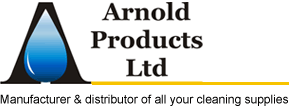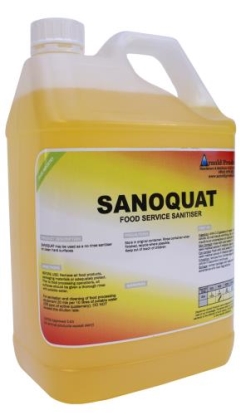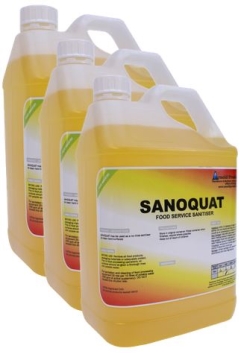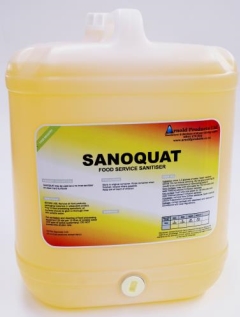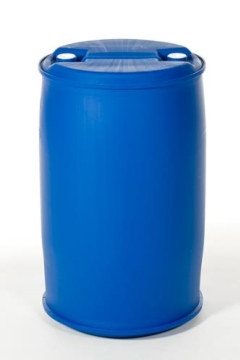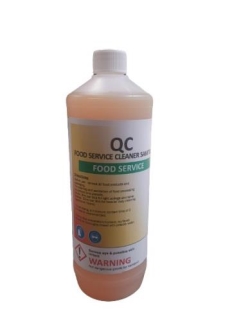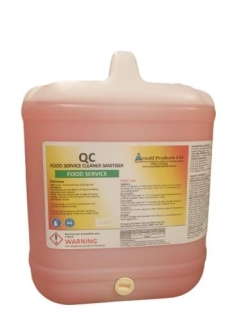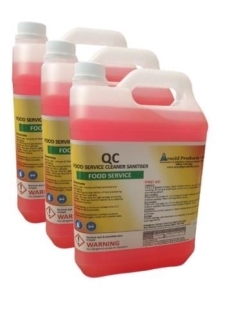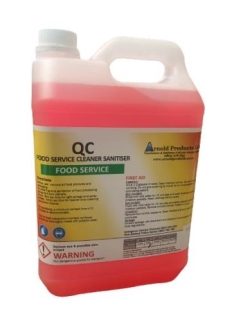Egg wash regime
Download QuoteThe recommended cleaning regime for washing eggs and associated equipment is as follows
Disinfectant / Deodorizer / Whitener / Cleaner
The chemical used in the egg washing machine is WHITE SANASOL. This is a cleaning, disinfecting and whitening chemical. The active ingredient is chlorine in the form of Chlorinated Sodium Tri Polyphosphate.
A solution would be expected to provide not more than 200 parts per million of available chlorine. Ingress of dirt on the eggs will react with the chlorine and degrade it so this needs to be checked on a regular basis.
Addition rate required is 300 grams per 100 litres of fresh clean wash water. Rinse eggs with potable water after use. Chorine test kits are available at Pharmacies or Swimming Pool shops.
Rinse Sanitiser
Using a rinse sanitiser guarantees that the eggs will be sterile after washing. The chemical to use is SANOQUAT.
The active ingredient in Sanoquat is benzyl quaternary ammonium chloride.
Addition rate required to achieve 100 to 200 ppm is 200 mls into 100 litres of wash water.
Cleaning the Egg Washing Machine
Regular cleaning of the egg washing machinery should be carried out using Q.C.
Q.C. is designed specifically for cleaning food-processing equipment. It is excellent at removing dirt, fats and proteins and includes a sterilising compound.
Addition rate recommended depends upon how dirty the machine is but a typical dose rate would be 100 mls of Q.C. to 10 litres of clean water. Use of a cleaning chemical does not mean that you do not have to scrub the machine down.
Key Points to Consider when Washing Eggs
- Use of insufficient sanitiser may result in cross-contamination between eggs. Always maintain the recommended level of sanitiser.
- Do not wash eggs that are heavily soiled or broken/cracked.
- The water temperature must exceed the egg temperature by at least 12 degrees Celsius. A temperature between 40 and 43 degrees is normally satisfactory.
- The water used in washing should be of potable quality and must have an iron content of less than 2 parts per million. The reason for this is that the eggs main defense against bacteria is an iron-chelating agent called ovotransferrin. This prevents the growth and multiplication of bacteria. It is therefore important that the water does not have a high iron content.
- It is important that the eggs are quickly dried and removed from the washing machine area to prevent condensation and “ egg sweating”. The eggs should be placed into a cool store at 12 to 15 degrees Celsius as soon as possible.
- Heavily contaminated eggs will almost assuredly be contaminated internally and egg washing will not help this.
Source Material for this information was obtained from the Scottish Agricultural College Poultry Science Texts
